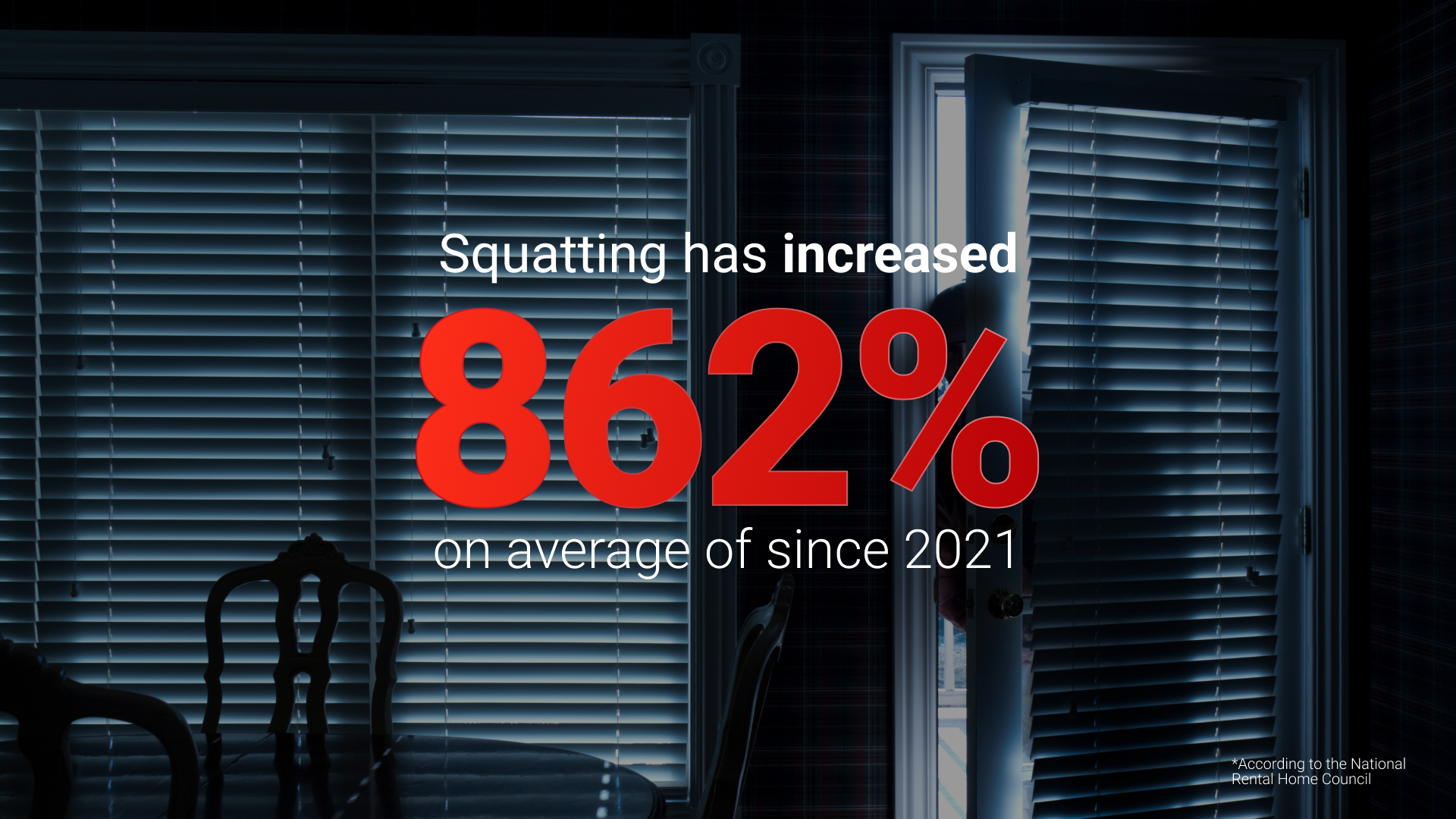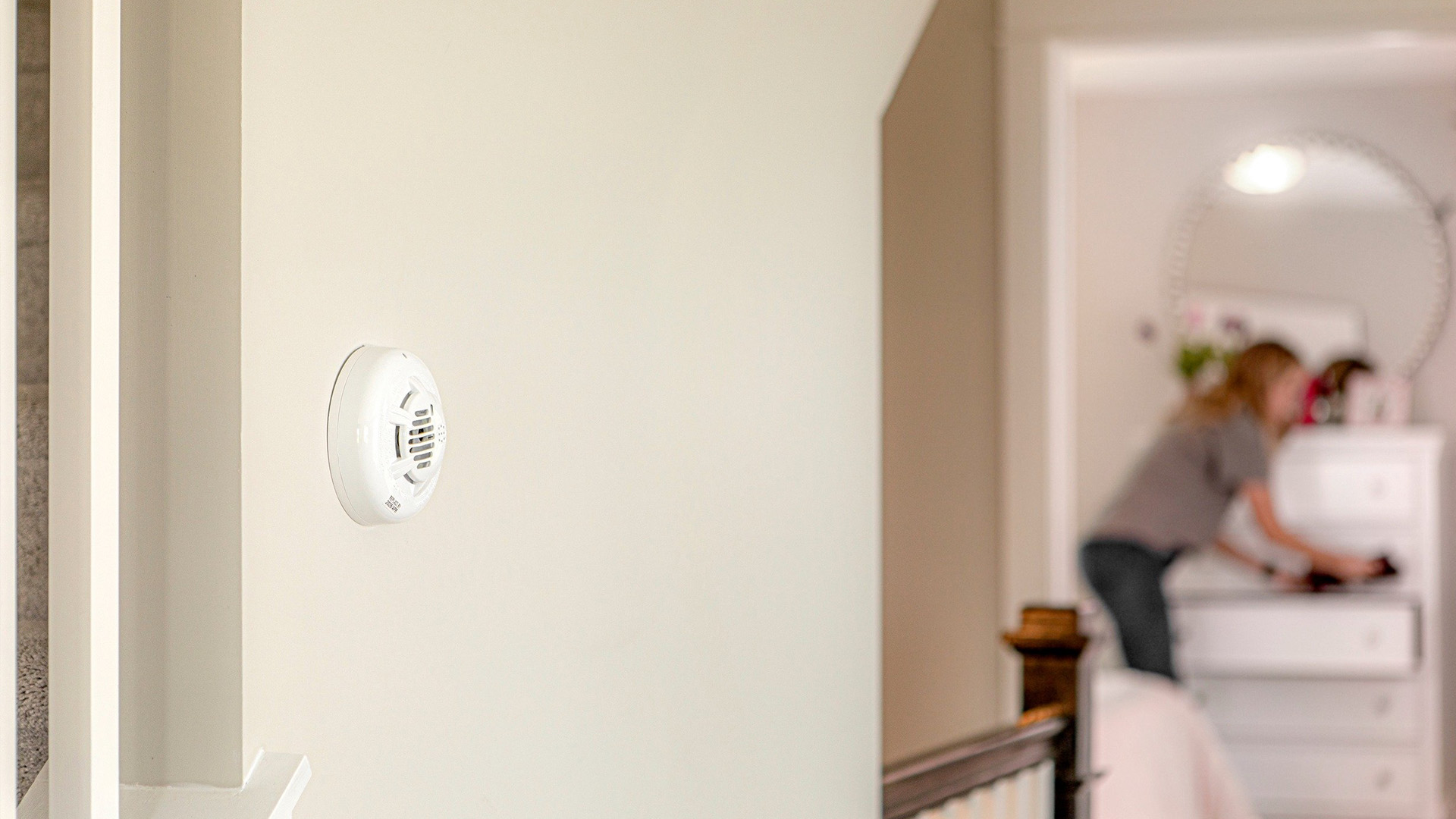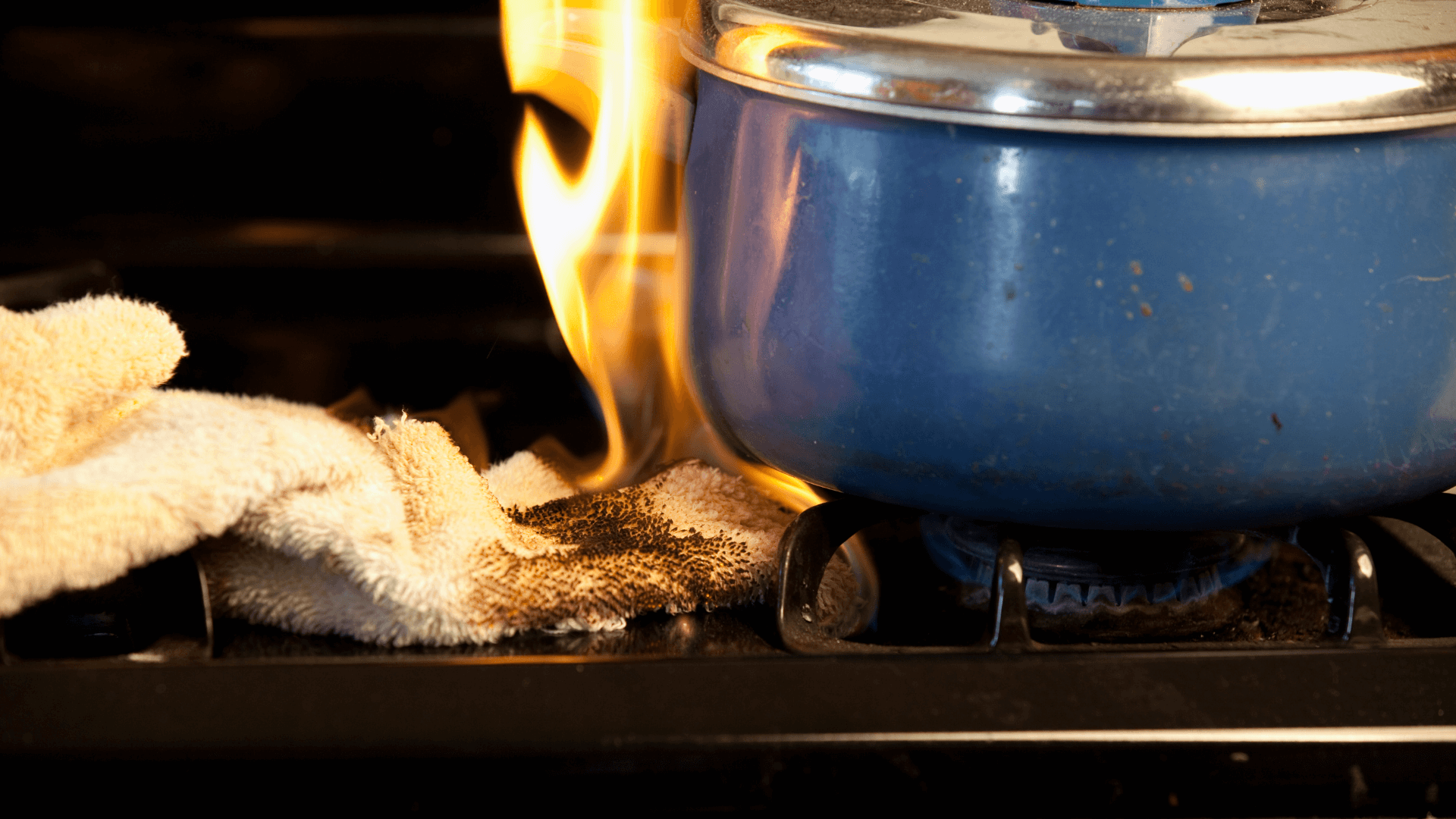Your home is likely your biggest investment, which is why every homeowner should pay for homeowners insurance. In fact, if you have a mortgage, homeowners insurance is a requirement.
But how much is homeowners insurance? While the exact amount you pay varies greatly depending on many factors ranging from the size of your house to its location, homeowners insurance can get quite expensive. However, did you know that you may be overpaying? If you feel like this is a possibility, or if you’re simply curious about home insurance discounts and ways to reevaluate and lower your bill, there are a variety of avenues you can take.
Here’s how you can lower your homeowners insurance premium:
- Raise your deductible.
- Ask your insurance agent about new homeowners insurance discounts.
- Get rid of attractive nuisances to lower your liability coverage.
- Make improvements to your home to help it withstand damages and avoid filing claims.
- Bundle your insurance policies.
- Shop around and get new quotes for homeowners insurance.
- Improve your credit score.
- Review your policy for extra coverage you no longer need.
- Install a security system for home insurance alarm discounts.
1. Raise your deductible.
Raising your deductible is one of the simplest, easiest ways to lower your homeowners insurance cost.
Your deductible is the amount you pay when you file a claim for a covered loss before insurance steps in to cover the rest. Take a look at what your current deductible is, and if you can afford to pay more out of pocket in the event of a loss, talk to your insurance agent about how much your premiums will decrease by increasing your deductible.
Lowering your premium will put more money in your pocket on the front end, but remember that you’ll also want to set aside some of your savings to cover the higher deductible that accompanies any claims that may arise.
2. Ask your insurance agent about new homeowners insurance discounts.
Insurance companies will often offer discounts for students, servicemembers, and other occupations. You may also be able to get a discount if you’re purchasing your first home or if you’ve never filed a claim (and on that note, never file unnecessary claims, as these can raise your rates). Some insurance companies offer loyalty discounts for long-term customers. Depending on your provider, you could get a discount if you choose paperless billing and pay your premium via automated bank payments.
On a similar note, some companies will offer a discount if you pay your yearly premium in one lump sum. In some cases, noting that no smokers live in your home can also earn you a discount.
3. Get rid of attractive nuisances to lower your liability coverage.
An attractive nuisance is a feature or item on a property that could be a hazard, especially to young children who may not know the inherent risk of the item. Common attractive nuisances are pools, hot tubs, and other bodies of water, playgrounds, trampolines, and treehouses. These may seem like anything but a nuisance to you and your family, but they can be a nightmare for insurance companies.
They increase the likelihood that you’ll need to file a costly home insurance claim due to injury. Claims made as a result of an attractive nuisance are typically covered under the liability portion of your homeowners insurance, so if you have an attractive nuisance on your property, you’ll need to make sure you have good liability coverage. Unfortunately, this comes at a price.
If you need to lower the cost of your homeowner’s insurance, getting rid of attractive nuisances can greatly reduce it. If you rarely use your hot tub or your children no longer play with their trampoline, consider selling it to someone else, then notify your insurance company and ask them to reduce your liability coverage.
4. Make improvements to your home to help it withstand damages and avoid filing claims.
Unless your home is brand new, there are almost certainly some improvements you can make to your home that will lower its risk, thereby lowering your premiums. These improvements can be expensive, but between lowered insurance costs and increased energy efficiency, they will pay for themselves over time. Here are some improvements to consider making:
- Get rid of dated wiring systems, such as aluminum or knob and tube wiring
- Update an older HVAC system
- Install storm shutters
- Replace your roof with impact-resistant roofing
- Update any outdated plumbing
Just remember to request a new inspection from your insurance provider to evaluate any improvements you make so the home improvements can be accounted for.
5. Bundle your insurance policies.
Insurance companies will often offer discounts if you buy all your insurance through them. If you have your homeowners insurance with one company, your car insurance with another, and your life insurance with a third, consider bundling them under the same policy with a single company to see how much you’ll save.
6. Shop around and get new quotes for homeowners insurance.
If you haven’t compared prices recently, spend an hour or two collecting quotes from different insurance companies. How do you shop for homeowners insurance? Many companies will often have online quote tools that make shopping for homeowners insurance quotes easy. You’ll just need to plug in some basic information to get an idea of what your rate will be. Make sure you’re shopping for the coverage levels you need, and comparing similar coverage between companies.
If you have a state-backed or government-sponsored homeowners insurance policy, you’ll almost certainly be able to find cheaper homeowners insurance by shopping around and comparing rates.
7. Improve your credit score.
Did you know that your credit score can affect how much you pay for insurance?
In some cases, insurance companies use what’s called a credit-based insurance score to determine a policy’s premium. This is a measure of how likely each policy-holder is to file a claim. Many different factors go into determining this score, but your credit score is part of it.
According to the National Association of Insurance Commissioners (NAIC), FICO determines credit-based insurance scores by considering payment history, outstanding debt, credit history length, pursuit of new credit, and credit mix. This means that things such as late payments, high credit card balances and too many hard credit inquiries can negatively affect how much you pay for your insurance premiums. A poor credit score can be indicative of scenarios that will also negatively affect your insurance score.
To build your credit and lower your homeowners insurance costs, you should always pay your bills on time, focus on paying off any credit card debt, lower credit card balances, and avoid applying for new credit cards too frequently. If you want further insight into your credit score, you can request a free credit report once every 12 months from the three major consumer credit reporting companies.
8. Review your policy for extra coverage you no longer need.
At least once a year, review what your policy covers and compare it to what you want covered to ensure you aren’t paying for coverage you don’t need and won’t use. Pay special attention to your floater, which covers expenses above those covered by your standard policy; typically this applies to high-value items such as expensive jewelry and other valuables.
9. Install a security system for home insurance alarm discounts.
Installing a home security system is another way to decrease your insurance costs, as they help protect your home against criminals along with fire and carbon monoxide emergencies, which reduces the likelihood that you’ll need to file a claim. A smoke detector, burglar alarm, and deadbolts can lower your rates by as much as 5%, and if you add a monitoring service, that can reduce them even further.
Homeowners Insurance FAQs
How much home insurance do I need?
The Insurance Information Institute recommends having enough coverage to cover the cost of rebuilding your home if disaster strikes, along with replacing your belongings, covering costs if you are unable to live in your home, and protecting your financial assets in case of a liability suit.*
The exact amount varies widely, but according to bankrate.com, the average home insurance cost in the US for a policy with $250,000 in dwelling coverage is $1,312 per year, as of December 2021.** Note that this is just the average – typical home insurance costs can be much higher and much lower. For additional discounts, consider bundling your policy with auto insurance and more.
Do you need homeowners insurance?
Technically, you don’t need homeowners insurance as long as you own your home outright. However, homeowners insurance is required if you have a mortgage on your home, and even if you don’t it’s almost always a wise choice to add it as an additional living expense, as it will offer financial protection if disaster strikes.
How do I change homeowners insurance?
If you’re looking to switch before your policy renews, you’ll need to look at its terms and conditions to learn more about early termination. Then, think about your insurance needs, shop around and compare quotes, purchase your new insurance, cancel your old insurance, and let your mortgage lender know that you’ve switched homeowners insurance providers.
Do you pay homeowners insurance monthly?
This varies between lenders, but generally you can pay your homeowners insurance annually, semi-annually, quarterly, or monthly. Paying yearly can sometimes earn you a homeowners insurance discount.
Homeowners insurance vs home insurance – what’s the difference?
These two terms typically refer to the same type of coverage of your home. You may also be familiar with mortgage insurance, also known as PMI, which protects your lender if you stop making payments. Renters insurance is what protects your personal property within a rented home.
Why did my homeowners insurance premium increase?
Insurance costs can increase for many different reasons, though a common one is an increase in construction costs. Your premium may also go up if your home needs updates, you put in a pool or add another attractive nuisance to your home, your credit-based insurance score went down, or you or your neighbors have filed a large number of claims. Additionally, sometimes insurance companies just increase their rates across the board. Check your declarations page for any changes.
There’s a lot that goes into owning a home, including making sure your home and family are protected should the unexpected happen. For more tips on homeownership, protecting what matters most to you, and more, visit the CPI blog today.
Sources:
*Insurance Information Institute, “How much homeowners insurance do I need?”
**Bankrate, “Average cost of homeowners insurance in December 2021.”




